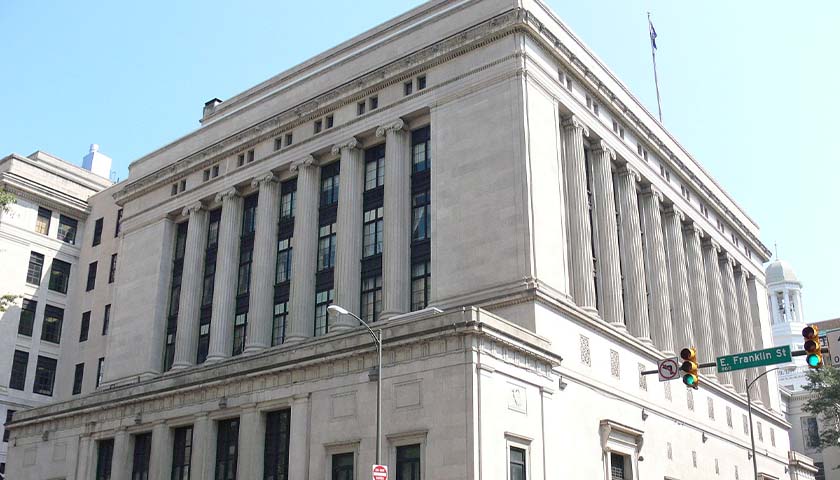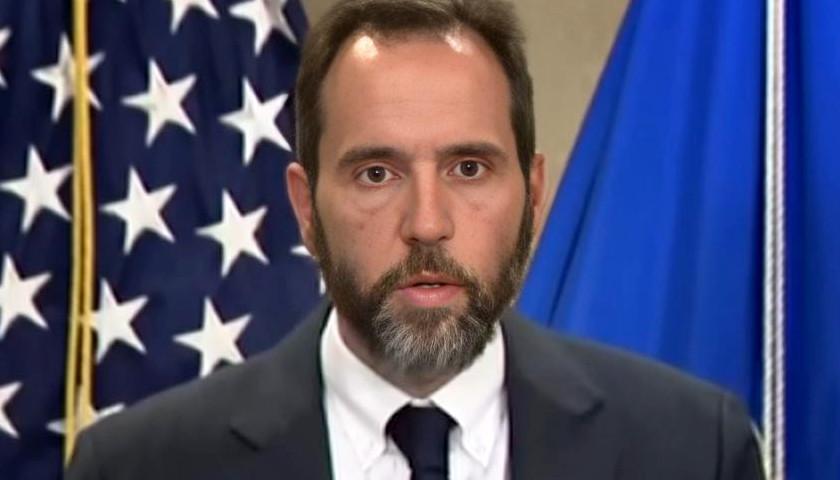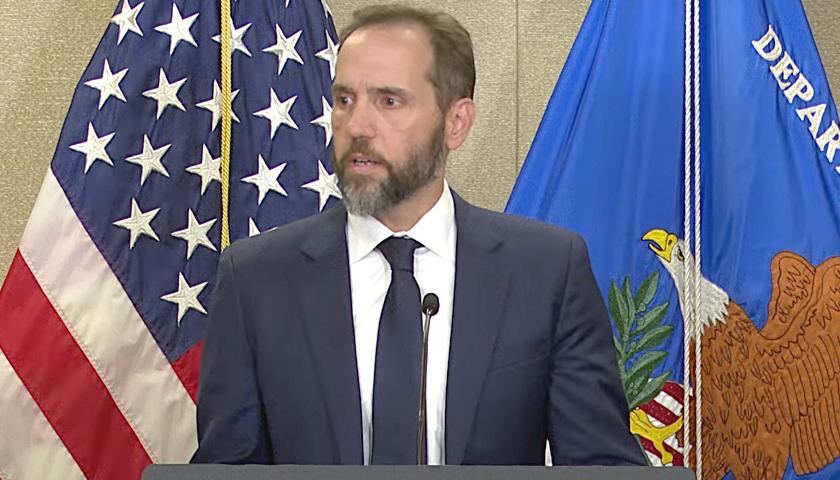The Virginia Supreme Court has selected Republican nominee Sean Trende and Democratic nominee Bernard Grofman to be the two Special Masters who will work together to draw legislative and congressional map proposals for the court. Due to deep partisan splits, the Virginia Redistricting Commission failed to submit any maps by constitutionally-required deadlines, leaving the task to the court.
In the order issued Friday, the court wrote, “Though each was nominated by legislative leaders of a particular political party, the nominees — upon being appointed by this Court as Special Masters — shall serve as officers of the Court in a quasi-judicial capacity. Consequently, the Special Masters shall be neutral and shall not act as advocates or representatives of any political party. By accepting their appointment, the Special Masters warrant that they have no ‘conflicts of interest,’ Code § 30-399(F), that preclude them from prudently exercising independent judgment, dispassionately following the Court’s instructions, or objectively applying the governing decision-making criteria.”
When the Republican and Democratic leaders first submitted their nominees, Democrats nominated a slate of academics including Grofman. Republicans nominated a slate of experts with ties to partisan redistricting efforts including the National Republican Redistricting Trust. A week ago, the court rejected all the Republican nominees for their conflicts of interest.
The court also rejected a Democratic nominee, explaining, “One of these nominees has asserted a condition or reservation that suggests to the court he may not be willing to serve as Special Master in accordance with Code § 30–399(F) (‘The two Special Masters shall work together to develop any plan to be submitted to the court for its consideration.’)”
In response, Republicans asked the Court to disqualify all three Democratic nominees, including Grofman, citing partisan conflicts of interest.
“The Richmond Times Dispatch reported that, in 2015, Mr. ‘Grofman redrew [Virginia’s] 4th District congressional lines around Richmond to create a new Democratic-leaning district.’ When Mr. Goffman was selected in 2018 by a federal court to redraw Virginia’s House of Delegate lines, it was considered ‘a victory for the Democratic plaintiffs’ and a ‘likely setback for Republicans trying to preserve the House’s current partisan makeup,'” House Minority Leader Todd Gilbert (R-Shenandoah) and Senate Minority Leader Thomas Norment (R-James City) wrote.
The Court unanimously voted for Grofman, a University of California, Irvine Professor of Political Science. As noted in the Republican leaders’ letter, Grofman served as special master for Virginia redistricting cases in 2015 and 2018.
The Court also unanimously voted for Sean Trende, Senior Elections Analyst at RealClearPolitics and a Visiting Scholar with conservative think tank the American Enterprise Institute.
During the summer, it became clear that the commission was at risk of missing deadlines and Democrats worried that the Court, perceived to be conservative, would favor Republicans if it took over redistricting. But the Court’s process in selecting the Special Masters has calmed some of those fears.
“So far, the Supreme Court has demonstrated they have no interest in making this a partisan process,” Senator Scott Surovell (D-Fairfax) told The Virginia Star.
Spokespeople for Gilbert and Norment did not return a request for comment.
The Special Masters have 30 days from Friday, November 19 to present their proposals to the court. They’re barred from consulting with any political parties, partisan organizations, or outside experts, and may only consult with their own personal staff, the court and its staff and other key administrative staff. They are allowed to review public comments, and they may request that the court hold public hearings.
In its Friday order, the court clarified what relevant laws the Special Masters must follow, and the order of precedence: first, the U.S. Constitution, then federal statutes including the Voting Rights Act of 1965, then the Constitution of Virginia, and then the Code of Virginia.
“In short, the Court expects to receive from its Special Masters redistricting maps that have been drafted using factors that are fully compliant with constitutional and statutory law applied in an apolitical and nonpartisan manner,” the court ordered.
– – –
Eric Burk is a reporter at The Virginia Star and The Star News Network. Email tips to [email protected].
Photo “Virginia Supreme Court” by Morgan Riley CC BY 3.0.





